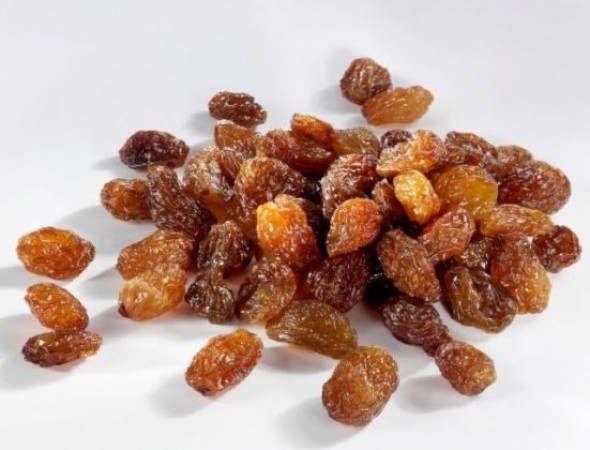In the hustle and bustle of our daily lives, it's not uncommon for many of us to reach for a quick snack or meal without giving much thought to its freshness. Whether it's those leftover raisins from last week or a handful of almonds you found at the back of your pantry, consuming stale food on a regular basis can have far-reaching health consequences that often go unnoticed. In this article, we'll explore the alarming risks associated with eating stale food and why it's crucial to prioritize freshness in your diet.
Stale Food: What's the Fuss?
Understanding Staleness
Staleness is not just about the taste and texture of food—it's a clear indication that the food has undergone chemical changes, affecting its nutritional value and safety.
The Role of Moisture
Moisture content plays a pivotal role in food preservation. Stale food often results from moisture loss or absorption, leading to undesirable alterations.
The Health Hazards of Stale Food
Reduced Nutritional Value
- Vitamin and Mineral Depletion: Stale food often loses essential vitamins and minerals, making it less nutritious.
- Protein Breakdown: Proteins can break down in stale food, reducing their effectiveness in supporting bodily functions.
Increased Risk of Foodborne Illnesses
- Bacterial Growth: Stale food is a breeding ground for harmful bacteria like Salmonella and E. coli.
- Mold Infestation: Mold can thrive on stale bread, fruits, and other items, posing serious health risks.
Digestive Issues
- Digestive Discomfort: Stale food can be harder to digest, leading to gas, bloating, and discomfort.
- Constipation: The lack of moisture in stale food can contribute to constipation.
Common Culprits of Stale Food
Raisins: A Deceptive Snack
- Raisins' Vulnerability: Raisins may appear resilient, but they are prone to moisture absorption, leading to stickiness and an altered taste.
Almonds: Not Immune
- Almonds' Shelf Life: Almonds can become rancid over time, affecting their taste and overall quality.
Bread: A Stale Staple
- Bread's Swift Staleness: Bread is notorious for turning stale quickly due to moisture loss.
Tips for Preventing Staleness
Proper Storage
- Airtight Containers: Store food items in airtight containers to minimize moisture exposure.
- Refrigeration: Refrigerate perishables promptly to extend their freshness.
Rotation Strategy
- First In, First Out (FIFO): Follow the FIFO principle to ensure you consume older items before newer ones.
Inspection and Sensory Evaluation
- Use Your Senses: Regularly check for signs of staleness like mold, off-putting odors, or changes in texture.
- Taste Test: When in doubt, taste a small portion to determine if the food is still palatable.
Freshness Equals Better Health
A Smart Food Choice
- Prioritizing Freshness: Opting for fresh food ensures you receive maximum nutrition and minimize health risks.
Mindful Eating
- Conscious Consumption: Be mindful of what you eat, and avoid mindlessly snacking on stale items.
Choose Freshness for a Healthier Tomorrow
In conclusion, the habit of consuming stale food may seem harmless, but it can have serious health repercussions. From reduced nutritional value to the risk of foodborne illnesses, stale food is best avoided. By following proper storage techniques, adopting a rotation strategy, and being vigilant about the freshness of your food, you can protect your health and savor the true taste of your meals and snacks. Make the choice today to prioritize freshness in your diet—it's a small change that can lead to a healthier and more enjoyable life.
'Flash Forward' and Its Transformation into 'Action Replayy'
Indian Railways Unveils Vande Bharat Sleeper Train Set to Redefine Rail Travel
Visit 'France' in India, know how to plan your tour
